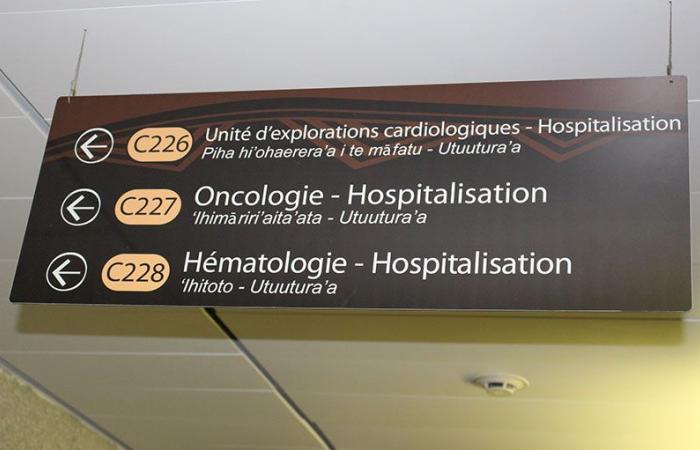The 2018-2022 cancer plan has not yet been renewed, or even evaluated. Developing a new one is the first of seven recommendations to be implemented from 2025 that the territorial chamber of accounts makes in this report which will be published in the coming days.
Cancer has been responsible for 26% of deaths in Polynesia over the past 25 years – it is the second cause of death in Polynesia after cardiovascular diseases – and 800 to 900 new cases are diagnosed each year.
Cancer incidence rates are generally lower than those in mainland France, except for gynecological cancers and female thyroid cancers. And we detect earlier in Polynesia. But, because there is a ‘but’, the proportion of overweight adults – 48% of the population is obese – is an aggravating factor and weighs on the frequency of cancers. Finally, cancers represent 30% of spending on medicines, or 12.5 billion per year, including 3.8 billion for “expensive molecules”, these state-of-the-art treatments whose progression must be anticipated in the years to come but perhaps better regulate prescription, says the CTC.
The country’s last cancer plan covered the period 2018-2022. Disturbed by the Covid crisis, it has not really been evaluated, but the CTC judges that only 10% of its measures have been carried out, 65% initiated, and that 24% have remained a dead letter. Since the end of 2022, therefore, Polynesia has been sailing without a cancer plan. This is therefore the first recommendation from the territorial chamber of accounts: establish a new plan from 2025. The other recommendations also all invite the Country to action from next year: really implement the sharing of data with the ICPF which is responsible for maintaining the cancer register, and requiring doctors (under penalty of financial sanctions) to declare the cases they detect, improve prevention and participation in screenings and consider free screening for colorectal cancer from 50 years, and carry out a study on inequalities in care and life after cancer. And then improve the provision of care through strengthened cooperation between the CHPF and the Cancer Institute, and plan the extension of the provision of care in the archipelagos.
Thursday at the assembly, on the occasion of the approval of the accounts of the Cancer Institute and the CHPF, we will hear about the provision of care: being screened but not always being able to be treated with fenua remains a problem major. Because despite the reassuring interventions of health officials, the lack of oncologists at the CHPF does not seem to be going away any time soon (read below).
Oncology at the CHPF
|






